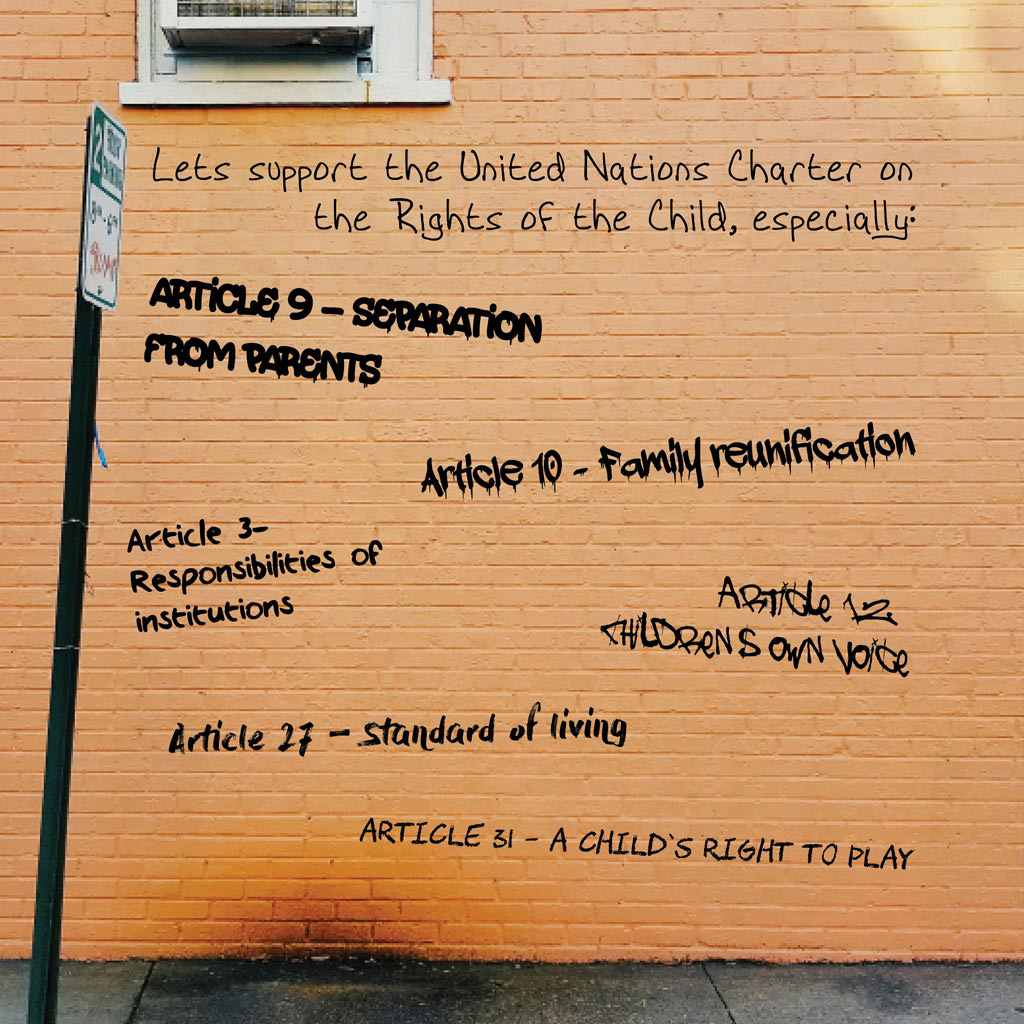UN recommendations for Australia on how to better protect children’s rights
The United Nations Convention on the Rights of the Child (UNCRC) was ratified in 1989. It outlines the rights which the United Nations believe should be universally available to all children.
Periodically, (approximately every five years) States Parties are assessed to ensure that they are taking steps towards enshrining children’s rights in legislation, policy and practice. The States Party is invited to submit a report to the UN detailing what progress has been made since the last assessment. Australia also appeared before the Committee on the Rights of the Child in September 2019.
In return the UN Committee made 122 recommendations to the Australian government for improvements that should be made to the implementation of the CRC.
All the recommendations require changes to either legislation, policy or practice to be implemented. In some cases, recommendations require a combination of changes to legislation, policy and practice.
To download the full discussion paper, click here.
GPV/KCV calls for Child Impact Statements
GPV/KCV scrutinises law, policy and practice, asking: what is best for all children and what effect will the decisions we take today have on their futures?
GPV/KCV recognises that guidelines exist for the creation and use of Family Impact Statements (FIS) when putting proposals to local federal or state government councils or cabinets but is disappointed in the underutilisation of these statements and their lack of public visibility.
GPV/KCV calls on all levels of government in Australia to pay specific attention to the potential impact that changes to legislation will have on outcomes for children. Every piece of legislation, as well as changes to regulations and practices should be accompanied by a ‘Child Impact Statement’ (CIS) consisting of an analysis predicting the potential outcomes for child wellbeing in both the short and long term.
GPV/KCV contends that each CIS must measure the extent to which any given policy or practice contributes to or enhances adherence to the following rights for all children:
- to not be raised in poverty
- to know, and spend quality time with, their extended biological family
- to affordable, quality health care, and early intervention in mental health issues
- to be safe from emotional and physical harm
- to a free, comprehensive, quality education
- to participate in leisure activities
- to a sense of identity
- to connect with the languages and religious beliefs of their family of origin
- to be paid fairly for fair work, and the right to safe working environments
- to participate in decisions affecting their own lives
- to be treated fairly and humanely within the justice system
To download the full paper (PDF, 395KB), click here.
Young People & their Elders Speak Out about Children’s Rights
Since 2010 GPV/KCV has regularly visited the United Nations Convention on the Rights of the Child. It has been used as a filter through which GPV/KCV responses to topical issues have been refined and it has been used to remind kinship carers, and other people feeling let down by the system. That children and by default the families in which they are being raided have rights.
Many of the rights enshrined in the convention are not well recognised or adhered to. Therefore, every once in a while, GPV/KCV takes action to amplify them. This survey is one such act but is unique in that it draws on the opinions of five groups of people associated with d family.
The survey draws on the work of Megan Mitchell, the National Children’s Commissioner.
To download the full survey (PDF, 405KB), click here.
